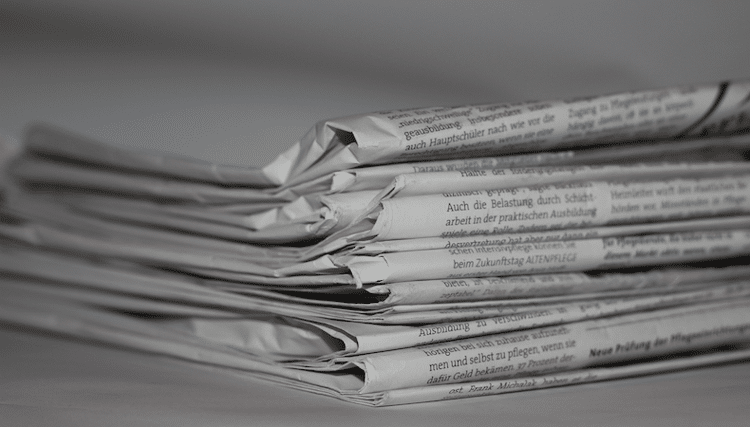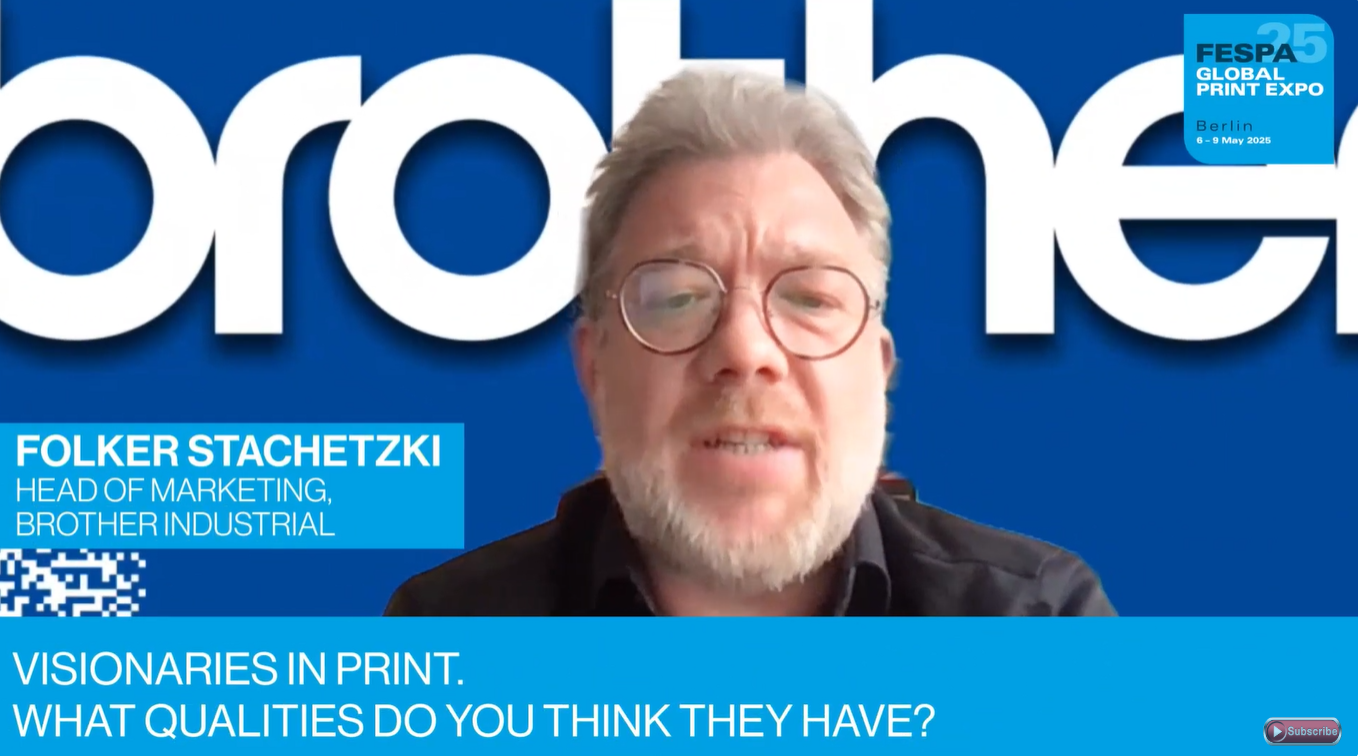Waste and guilt

The paper industry has done a great job in teaching consumers that paper should not be thrown away, because it can be recycled.
They have also done a great job in teaching people that resources are precious. However, there is still far more that needs to be done to encourage the use of paper based communications.
There is, for example, considerable confusion as to the sustainability of print, which continues to be slammed because it kills trees. The message that the print industry is the only communications medium based on renewable resources, still needs reiterating.
Of more serious concern is the rising use of incineration in many developed markets. Incineration masquerades under the recycling banner and reflects the energetic market in largescale incineration plant development, sales and installation.
We need to shift the messaging up a gear, and to remind businesses, local authorities and consumers that “recycle” has a very specific meaning. Recycling processes are established in most developed markets, with consumers doing the sorting or simply providing selected materials that will be burned.
But they don’t necessarily understand that this is what happens to their “recycled” materials. Local authorities and municipalities sending selected waste for incineration still call it recycling, because the waste is turned to energy.
This is a bit of a stretch, but it points to how environmental language tends to be appropriated to suit whatever justification is required. This is why the graphics industry in general and paper professionals in particular, need to provide much noisier reminders of what recycling actually is.
Recycling means converting waste into something reusable; it doesn’t mean converting waste into heat. Recycling returns waste to processing facilities where it can be turned into new raw materials, such as paper or textiles. It does not mean destruction.
Calling incineration recycling is grossly misleading, but it does provide a guilt free way of getting rid of waste, so that consciences are clear. Consumers are basically lazy and don’t want to feel guilty, so the fiction is a convenience for them. Paper recycling means turning waste paper into new papers. Anything else is a misnomer.
This colossal misunderstanding is reducing volumes of waste paper reaching recycling supply chains. This will cause paper prices to rise and recycling rates to fall, so higher prices for printed publications and a reduced range of recycled papers. It will also be another nail in the coffin of the massive pulp and paper plants that cannot adapt to new market realities.
Equally, it could create new opportunities for small operations willing to work, say with local governments to increase volumes of waste paper coming to them, discouraging incineration and breathing new life into paper recycling.
Topics
Interested in joining our community?
Enquire today about joining your local FESPA Association or FESPA Direct
Recent news

GenAI + POD: The Smartest Way to Add Personalised Products to Your Retail Offering in 2025
In 2025, GenAI and POD are transforming retail. Masterpiece AI empowers businesses to offer unique, AI-generated personalised products, from apparel to home decor. Customers use text prompts to create custom designs, streamlining production and boosting sales. This revolutionises customer experience and product offerings.
.png?width=550)
What qualities should visionaries in print have? With Folker Stachetzki from Brother
We speak to Folker Stachetzki, Head of Marketing at Brother about visionaries in print.

Bolstering personalisation by combining print and digital technology
Using printed material in combination with digital technologies offers more opportunities to those offering personalisation to customers. Rob Fletcher shares some recent examples of the print and digital working together to enhance the impact of personalised pieces.

European Sign Expo to highlight developments shaping the future of signage and visual communications
European Sign Expo 2025 (6 – 9 May, Messe Berlin, Germany) is weeks away and a host of leading exhibitors are all set to welcome Visionaries from across the signage and visual communications industries to their stands.